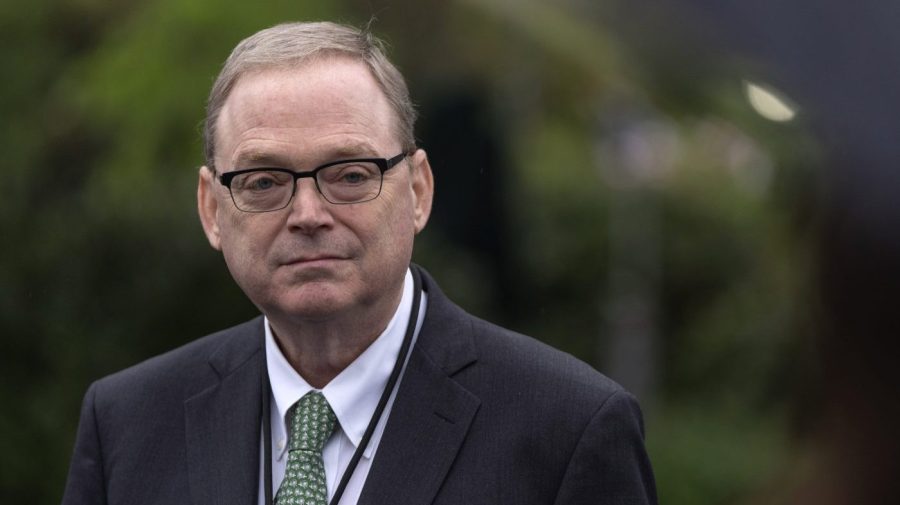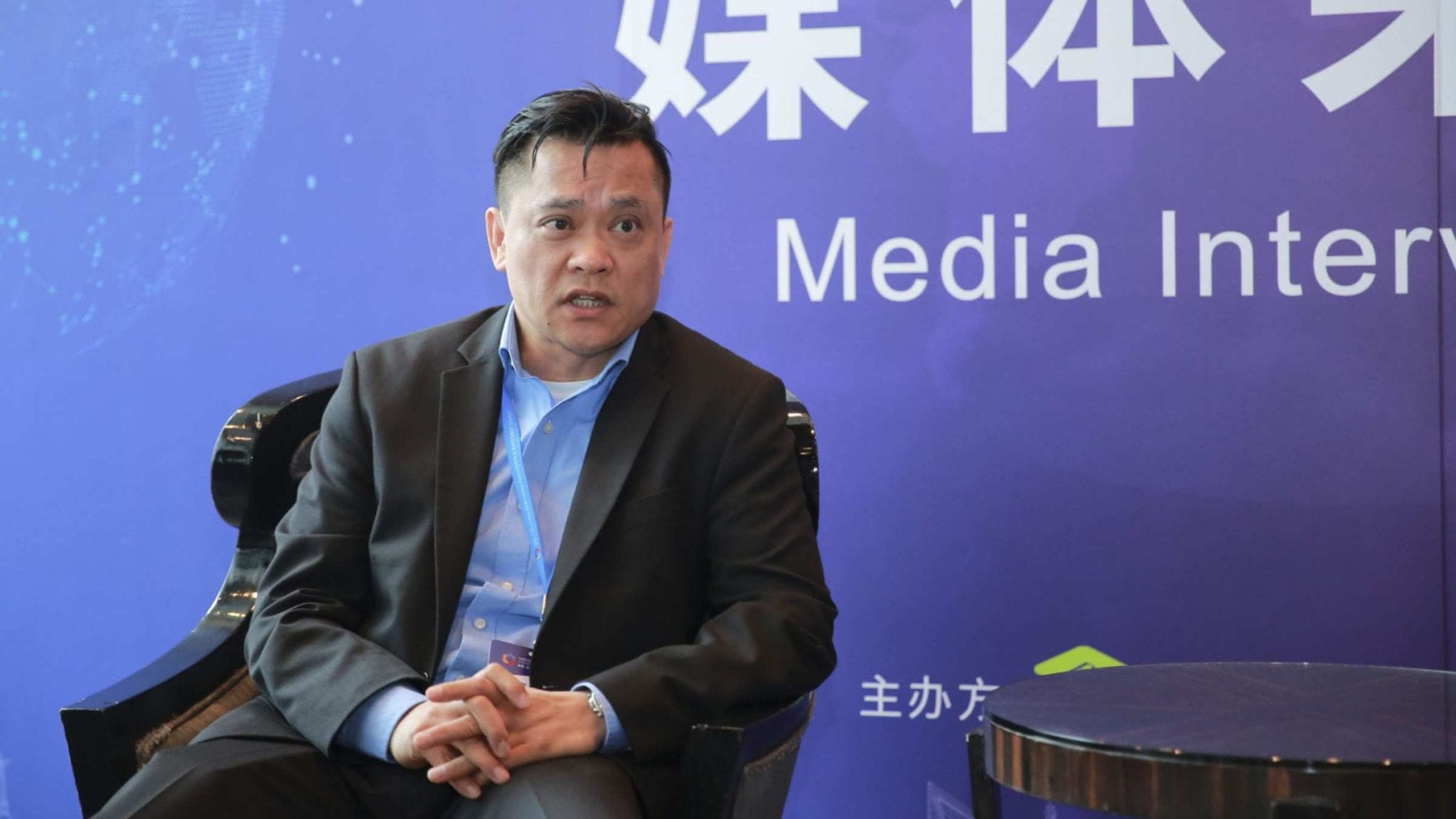
In a recent discussion on CBS News’s “Face The Nation,” National Economic Council Director Kevin Hassett emphasized that securing employment is the most effective way for individuals to obtain health insurance. This statement comes in the wake of the controversial tax cut legislation, which has significant implications for the U.S. healthcare system, recently signed into law by President Donald Trump.
Hassett’s remarks were in response to growing public concern over the potential loss of healthcare coverage for approximately 12 million Americans. The legislation, which aims to revamp the tax code, also includes provisions that dismantle key aspects of the Affordable Care Act (ACA), notably the individual mandate requiring all Americans to have health insurance or face penalties.
Implications of the Tax Cut Legislation
The tax cut legislation, hailed by its proponents as a boon for economic growth, has sparked intense debate over its broader effects, particularly on healthcare. By eliminating the individual mandate, the law is expected to lead to an increase in uninsured Americans, as some may choose not to purchase coverage in the absence of penalties.
According to the Congressional Budget Office, this change could result in 13 million fewer people with insurance by 2027, and premiums in the individual market could rise by about 10 percent annually over the next decade.
“The best way for people to get health insurance is to get a job,” Hassett asserted, underscoring the administration’s belief in employment as a pathway to coverage.
Historical Context and Expert Opinions
The debate over healthcare coverage is not new. The ACA, enacted in 2010, aimed to expand access to healthcare through a combination of subsidies, Medicaid expansion, and the individual mandate. Its repeal and replacement have been contentious topics in U.S. politics, with numerous attempts to dismantle it since its inception.
Experts are divided on the impact of the recent legislative changes. Some argue that removing the mandate will destabilize insurance markets, while others believe it could lead to more personal choice and freedom. Dr. Jane Smith, a healthcare policy expert at the Brookings Institution, notes, “The removal of the individual mandate could lead to higher premiums and fewer insured individuals, particularly among the healthy population that offsets costs for the sick.”
Looking Ahead: The Future of U.S. Healthcare
As the nation grapples with these changes, the future of U.S. healthcare remains uncertain. The administration argues that the tax cuts will spur economic growth, leading to more jobs and, consequently, more people with employer-based insurance. However, critics warn that the absence of a comprehensive healthcare plan could leave millions vulnerable.
Meanwhile, states are exploring their own solutions. Some, like Massachusetts, are considering state-level mandates to maintain coverage levels, while others are looking at innovative approaches to healthcare delivery and funding.
The ongoing debate underscores the complexity of healthcare reform and the challenges of balancing economic policy with public health needs. As policymakers and stakeholders continue to navigate these issues, the impact of the tax cut legislation on healthcare coverage will remain a critical area of focus.
In conclusion, while Hassett’s comments highlight a belief in employment as a key to healthcare access, the broader implications of the legislation will unfold over time, shaping the landscape of American healthcare in the years to come.






